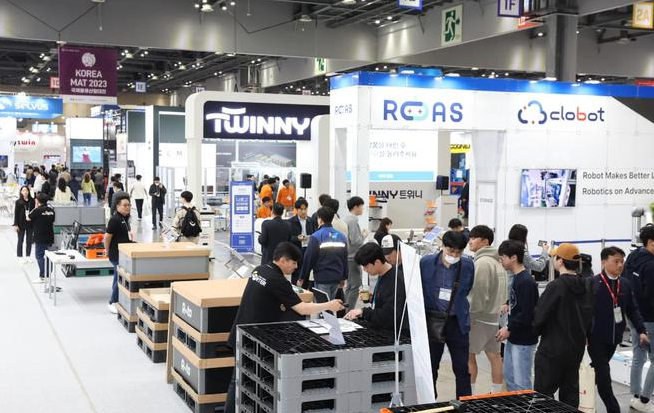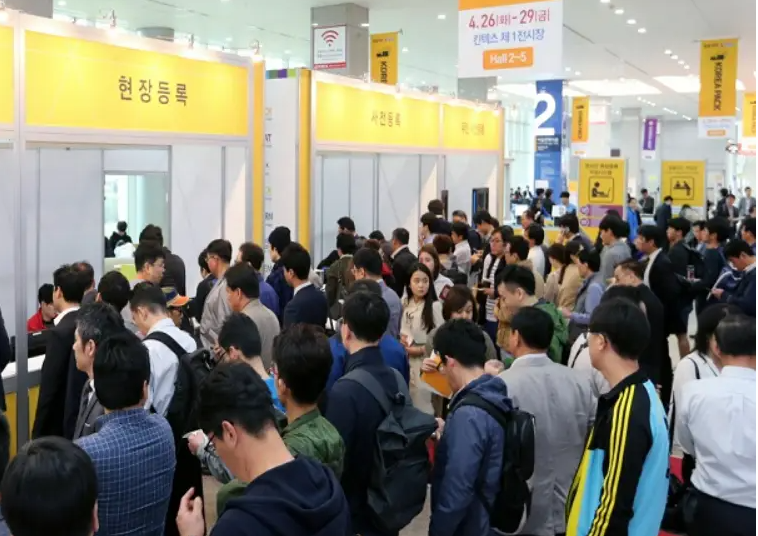South Korea's biocide regulations K-BPR are known as the Law on the Safety Management of Life Chemical Products and Biocides. The following is the relevant introduction:
Regulatory background
After the "toxic humidifier bactericide" accident in 2011, South Korea accelerated the legislative process of chemical products, promu
South Korea's biocide regulations K-BPR are known as the Law on the Safety Management of Life Chemical Products and Biocides. The following is the relevant introduction:
Regulatory background
After the "toxic humidifier bactericide" accident in 2011, South Korea accelerated the legislative process of chemical products, promulgated the K-BPR regulations on March 20, 2018, and officially implemented them on January 1, 2019, with the aim of protecting human health and environmental safety.
Purpose of the law
Ensure public safety by controlling the compliance of living chemical products and biological killer active substances, products and processed products.
Scope of supervision
It covers a variety of living chemical products, such as detergents, disinfectants, etc., as well as biological disinfectant products and their treatment items, including disinfectants, insecticides, rodenticides, etc., but food preservatives, cosmetic raw materials, etc. are not within the jurisdiction of this regulation.
Registration subject
Manufacturing enterprises or importing enterprises in South Korea can declare directly; when overseas enterprises export to South Korea, they must entrust agents in South Korea to declare.
Main requirements
Life chemical products: designated as products that need safety confirmation, enterprises need to comply with relevant product safety and labelling standards, test in designated laboratories every 3 years, and confirm compliance with the authorities.
Biocide products: Active substances and formula products must apply for approval from the Ministry of Environment of South Korea before being launched, and strict safety and efficacy evaluations are required.
Labelling regulations
The person in charge of the product label should be clear, the labelling content should be specific and accurate, and avoid the use of words that are easy to cause misunderstanding, such as "non-toxic", and unapproved biological killer products and treatment products shall not make relevant claims on the label.
Punishment measures
If the product violates the requirements of laws and regulations, the responsible person will face penalties such as product recycling, company information disclosure, and fines. If the consumer suffers losses or injuries due to the product, the enterprise will also be fined.
The latest progress
On September 11, 2024, South Korea issued guidelines to simplify the approval process of K-BPR change to reduce the burden of updating approved biocides for enterprises. In December 2024, the Ministry of Environment of South Korea and the Chemical Safety Institute completed the technical evaluation of the safety and efficacy of 15 biocide products, and published the results on the "Chemical Management System". If the unauthorised relevant products fail to complete the evaluation and obtain authorisation within the specified time, Manufacture and import will be banned from January 2026, and circulation and sale will be banned from June of the same year.





 Consultation
Consultation
 400-115-9001
400-115-9001